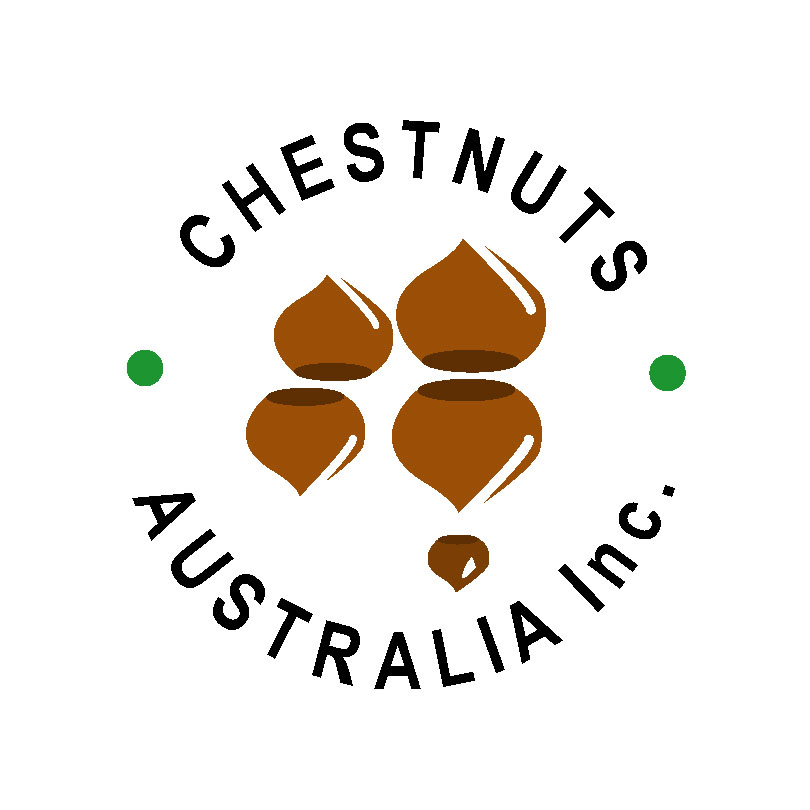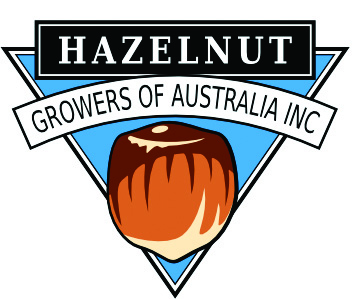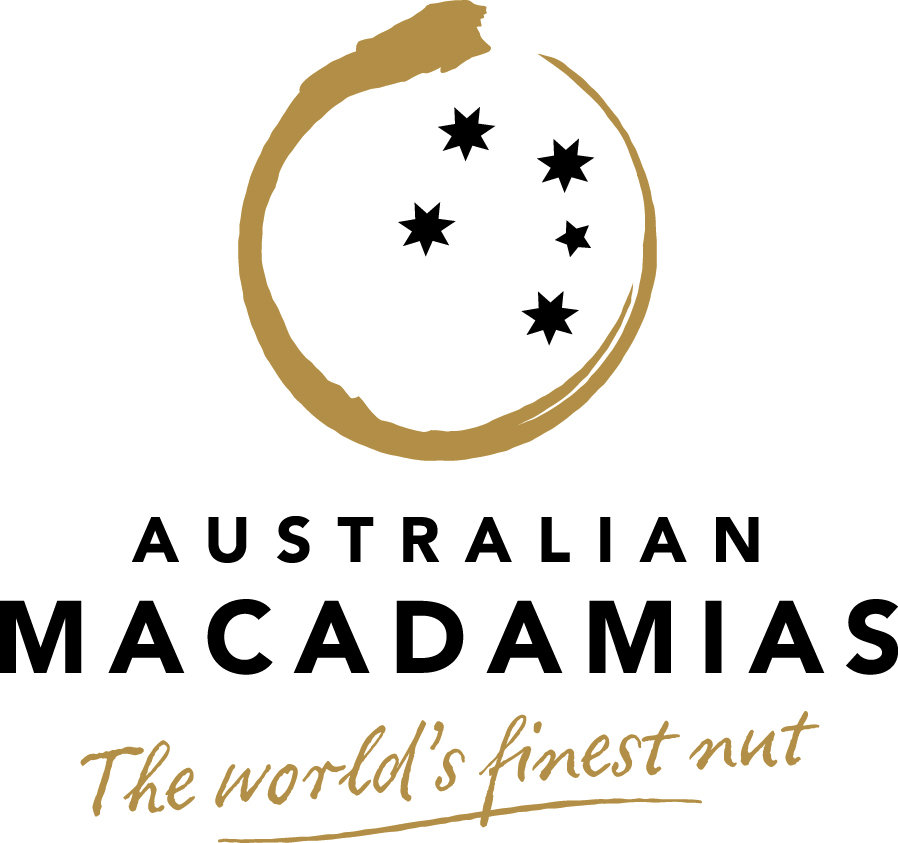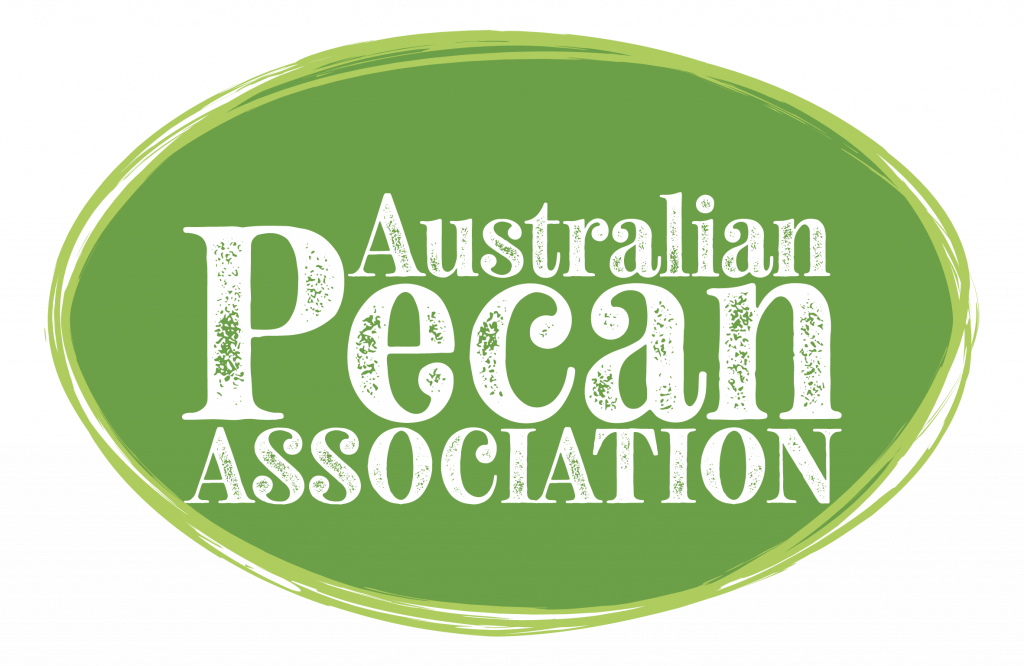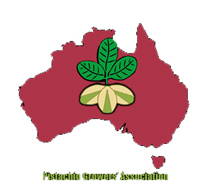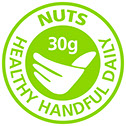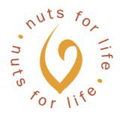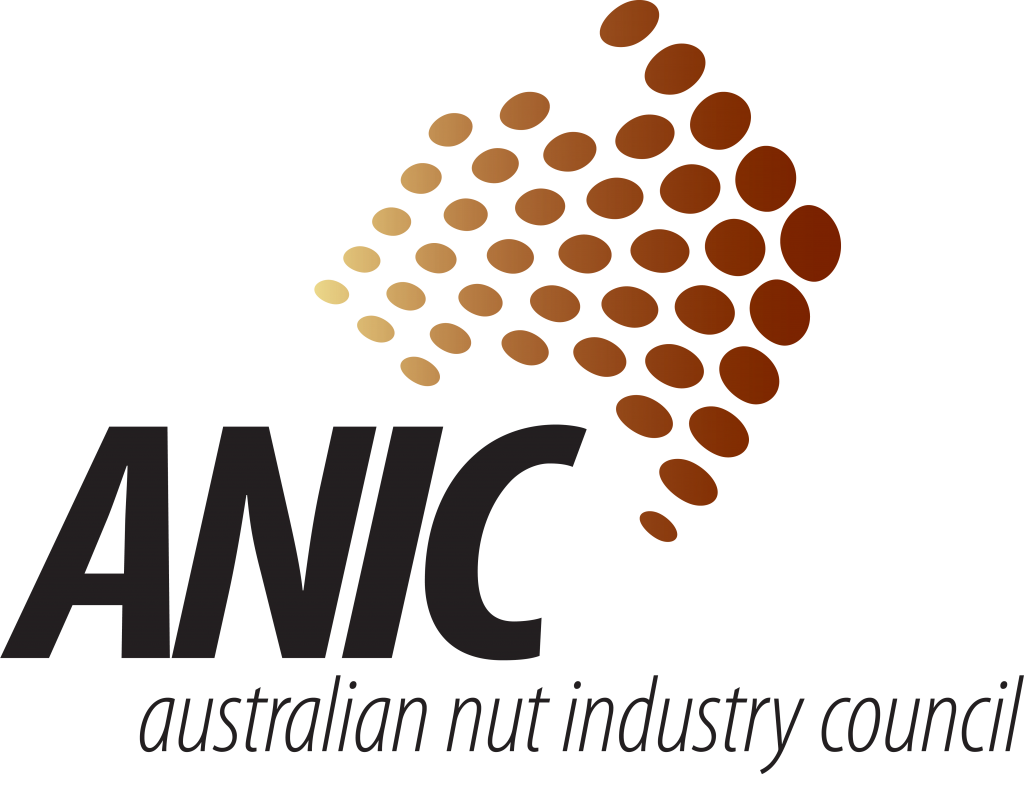Background
In mid 2021 the Australian Nut Industry Council (ANIC) received a $550,000 grant from the Australian Government through the Agricultural Trade and Market Access Cooperation (ATMAC) program.
The objective of the ANIC ATMAC program is to open, improve and or maintain access to overseas markets by building stronger relationships with trading partners, with the intended outcome to expand trade for the nut industry into emerging export markets or export markets with a high growth potential.
Looking to India
One of the first projects to get underway was the macadamia-led India research project, a very timely one considering the new interim Free Trade Agreement between Australia and India.
Four Pillars Trading was contracted by ANIC to undertake a qualitative consumer research project in India to understand the opportunity for Australian tree nuts (macadamias, almonds, walnuts, pistachios & pecans) and provide an in-depth understanding of the retail environment.
For the first stage of the project 39 in-depth consumer interviews were conducted across the major cities of Mumbai, Delhi, and Bangalore. The project covered an overview of the Indian nut market and identified:
- consumer trends, awareness, usage and attitudes towards each of the five nut types;
- key brands purchased by nut type; and
- developed consumer personas based on the consumption insights.
The second stage of the project ran concurrently and involved a retail audit covering a total of 20 shop / e-commerce visits. There were six visits in each of the three cities covering two supermarkets, two premium grocery stores with multiple outlets and two stand-alone premium grocery stores. There was also studies of two e-commerce portals, consisting of one marketplace and one grocery portal
In November 2021, full results for the two research stages were presented to the ANIC ATMAC Project Working Group then a topline overview was presented to the ANIC ATMAC Project Reference Group. From here, Four Pillars Trading started conducting nut-specific presentations with the reports containing the deep dive results. This kicked off later that month with a presentation to the Macadamia Marketing Committee, where commitment was given to take the project to a third stage for macadamias.
The success of the program meant that over December and January, Four Pillars Trading conducted in-market quantitative research specifically for the Australian Macadamias marketing program using levy funds. This research involved interviews with 150 consumers from the target audience identified in the ATMAC research.
The objective was to quantify the usage & attitude learnings from the ATMAC research specific to macadamias and to understand the target consumers’ receptiveness towards a communication concept put forward for Australian grown macadamias. Topline results were shared with the Australian Macadamias Marketing Manager on February 1 and the final report is due mid-February. A market entry strategy for 2022/3 will then be recommended to the Macadamia Marketing Committee for consideration.
In addition to the above activities, Four Pillars Trading used the insights gained in the ATMAC project to support Australian Almonds’ presentation at an Australia India Business Exchange webinar late last year. The ATMAC working group has also supplemented the research learnings with the purchase of the Mintel research study, “Attitudes to Snacking – Indian Consumer – 2021”.
The remaining nut groups: walnuts, pistachios and pecans have had the research summaries presented with a focus on the four emerging consumer personas and sustainability as trend areas to focus on for marking purposes.
Growing for Success
The 2022 publication of the industry booklet, Growing for Success, funded by ATMAC will be an important tool in the development of future export markets and used widely across all tree nut sectors.
- It provides a very positive overview of the tree nut industry in Australia and its future
- A snapshot of each of the seven tree nut industries
- The growth in consumption, both nationally and internationally
- Production outlook and export predications
- The benefit of nuts in a healthy diet;
- New sections in the 2022 edition on sustainability and export markets.
The booklet has been produced in both printed and electronic form and is being used by industry to build the profile of the tree nut industry and our confidence in the future. (Printed copies can be provided by industry groups, while an electronic flip book and pdf versions are available here.
Australian Nuts Sustainability Pathway – Materiality Assessment & Review of Environmental Certification
As part of the sustainability objective of ATMAC, it is envisaged that the nut industry will be able to identify and support sustainability improvement opportunities that will increase profitability, efficiency and effectiveness of the industry while increasing the industry’s and Australia’s reputations for environmental integrity and stewardship in sustainable food production.
A materiality assessment is a process of identifying and prioritising the sustainability topics most important to stakeholders’ decision-making. It is an important component of sustainability reporting.
ANIC engaged Roth Rural to undertake the work. The ANIC/ATMAC Working Group developed a list of key stakeholders which included customers, growers, and regulators. Approximately 20 were contacted by phone or online seeking their input.
The Australian-grown Horticulture Sustainability Framework (HSF), prepared by Hort Innovation with input from nut industry bodies, has identified sustainability topics important to stakeholders of Australian grown horticulture and indicators for measuring performance against these. ANIC wanted to build on the HSF further to undertake a nut specific materiality assessment.
Environmental certification:
A number of programs exist for growers to demonstrate environmental assurance which include:
- industry led programs such as Hort360 self-assessment which can be audited for certification through Freshcare Environmental;
- customer led programs (such as PepsiCo’s Sustainable Farming program); and
- independent certification schemes such as GlobalGAP, ISCC, BCorp and food labelling programs.
There are also various platforms for sustainability reporting, including the United Nations Sustainable Development Goals, Global Reporting Initiative, and the Taskforce on Climate Related Financial Disclosures.
As part of the Industry Engagement platform two trade seminars had been arranged to take place in Japan (Tokyo) and Korea (Seoul) in March, but they will now be held later in 2022 because of quarantine challenges due to COVID and clashing dates as the world is getting back into travel.



